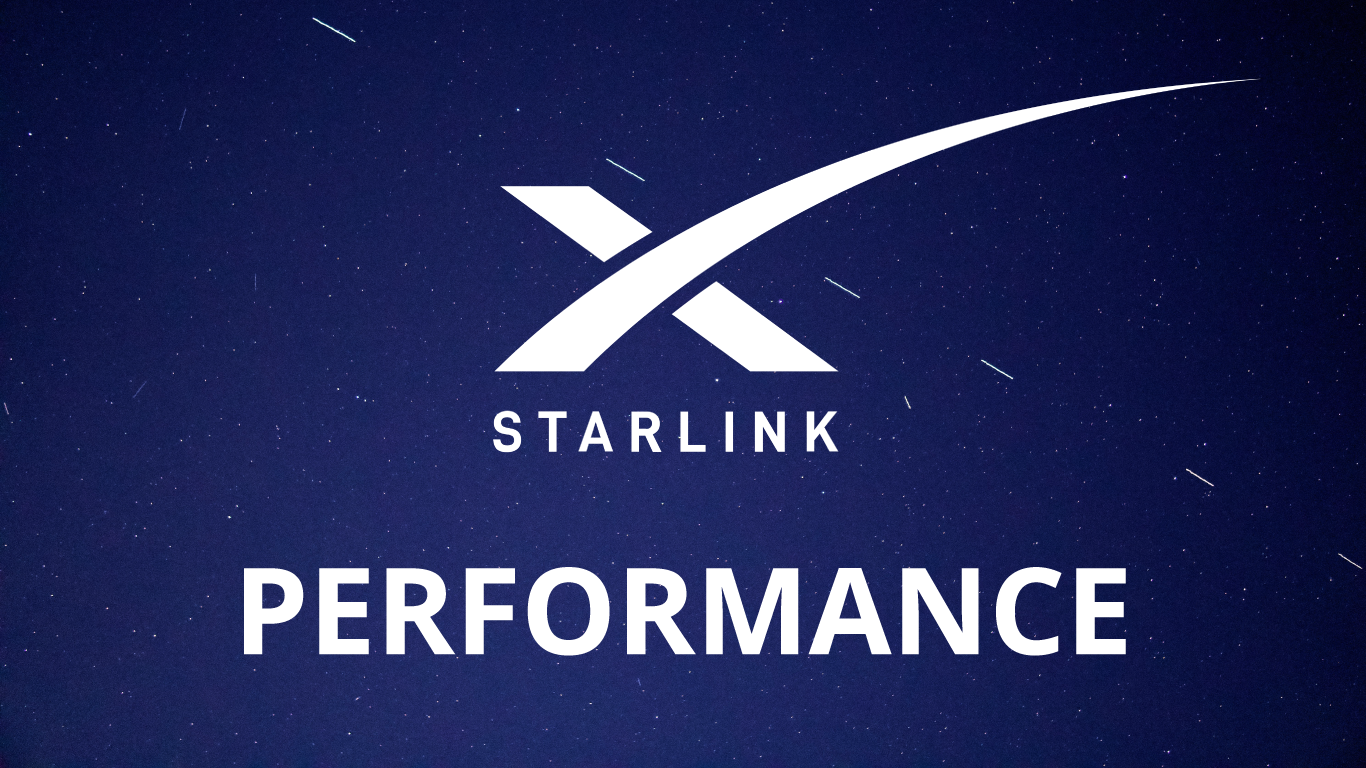Starlink Speedcheck: Elon Musk's Broadband Service Delivers 50Mbps Downloads
A new study from Speedcheck found that the beta offering of Starlink had a median download speed of 50Mbps, with latency of around 50 to 60ms

The professional video industry's #1 source for news, trends and product and tech information. Sign up below.
You are now subscribed
Your newsletter sign-up was successful
NEUBEUERN, Germany—As policy makers wrestle with the problem of poor broadband services in many rural areas, a new Speedcheck study of Elon Musk's Starlink low orbital satellite broadband service found that it performed relatively well, with median speeds of 50 Mbps in the US and Canada.
The US's median upload and download speeds were 13 Mbps and 50 Mbps, respectively, with 57ms latency while the median download and upload speeds in Canada were 49 Mbps and 14 Mbps, respectively, with 52 ms latency, Speedcheck reported.
“Frustrated by the existing poor broadband services, the US citizens are eyeing Starlink for better internet connectivity from space,” the report noted. “The lack of competition in the US has left the majority of the states with poor broadband services, thus resulting in lower speeds, signals issues and high costs.”
Starlink offers broadband services from low orbit satellites.
The report examined data from six months of Starlink's performance but stressed that “Starlink is just in the beta testing phase. It has yet to prove its worth in the telecommunication space by providing fast, cheap and reliable services by competing with existing satellite companies, mobile and fixed network operators.”
The report found that in its beta phase, Starlink had “numerous advantages over its legacy satellite counterparts. The striking feature of Starlink is that it provides competitive prices coupled with unlimited data. Starlink users enjoy faster download speeds and much shorter latency, eliminating the lag/delay caused by latency of hundreds of milliseconds.”
But the report also noted that “problems highlighted so far by the Starlink customers are the high cost and unstable link,” and that high prices are a major barrier in rural areas that generally have lower incomes.
The professional video industry's #1 source for news, trends and product and tech information. Sign up below.
Starlink competes with “the existing satellite service providers, mainly operating in GEO Geostationary Orbit,” the report explained. “The GEO satellites have an advantage of geographical footprint over the LEO satellites. The most significant disadvantage for GEO satellites is their higher latencies due to the greater distance from the earth than the LEO satellites, making the service useless for applications like video calls, conference calls, gaming, etc.”
The report added that Starlink has to provide a far better footprint to succeed, which is now only accessible in selected regions.
The full report and comparisons to other broadband providers is available here.
George Winslow is the senior content producer for TV Tech. He has written about the television, media and technology industries for nearly 30 years for such publications as Broadcasting & Cable, Multichannel News and TV Tech. Over the years, he has edited a number of magazines, including Multichannel News International and World Screen, and moderated panels at such major industry events as NAB and MIP TV. He has published two books and dozens of encyclopedia articles on such subjects as the media, New York City history and economics.

